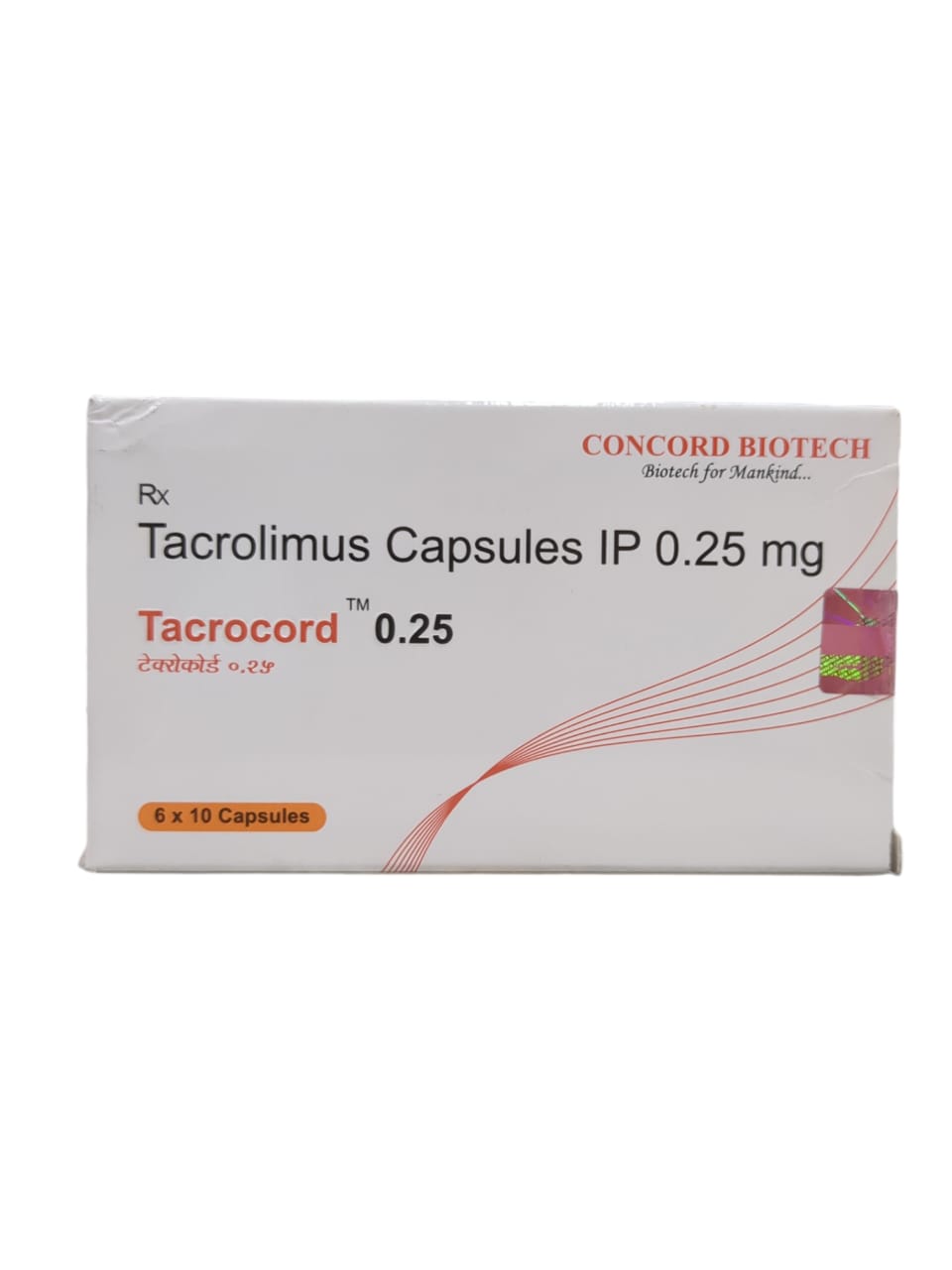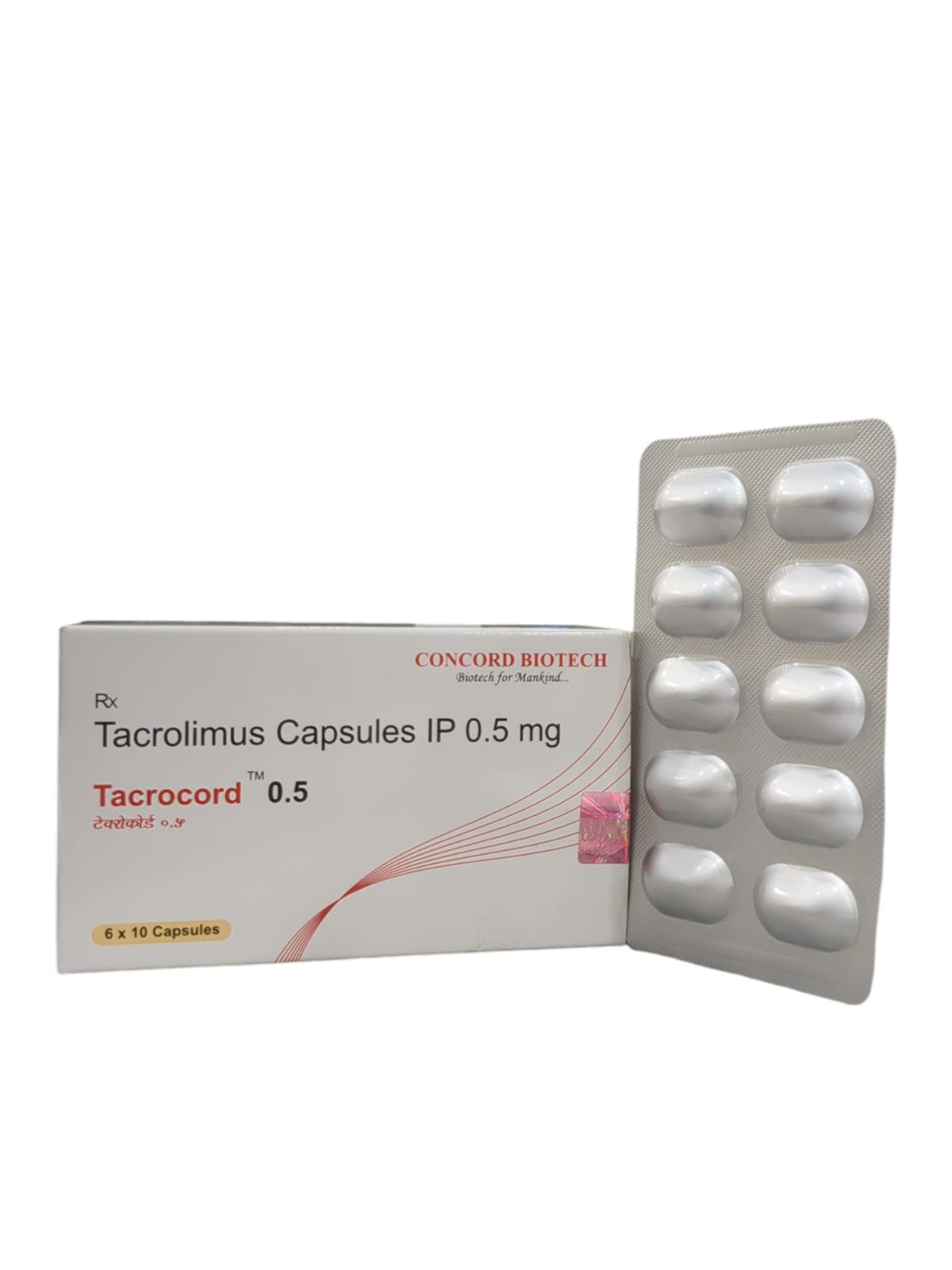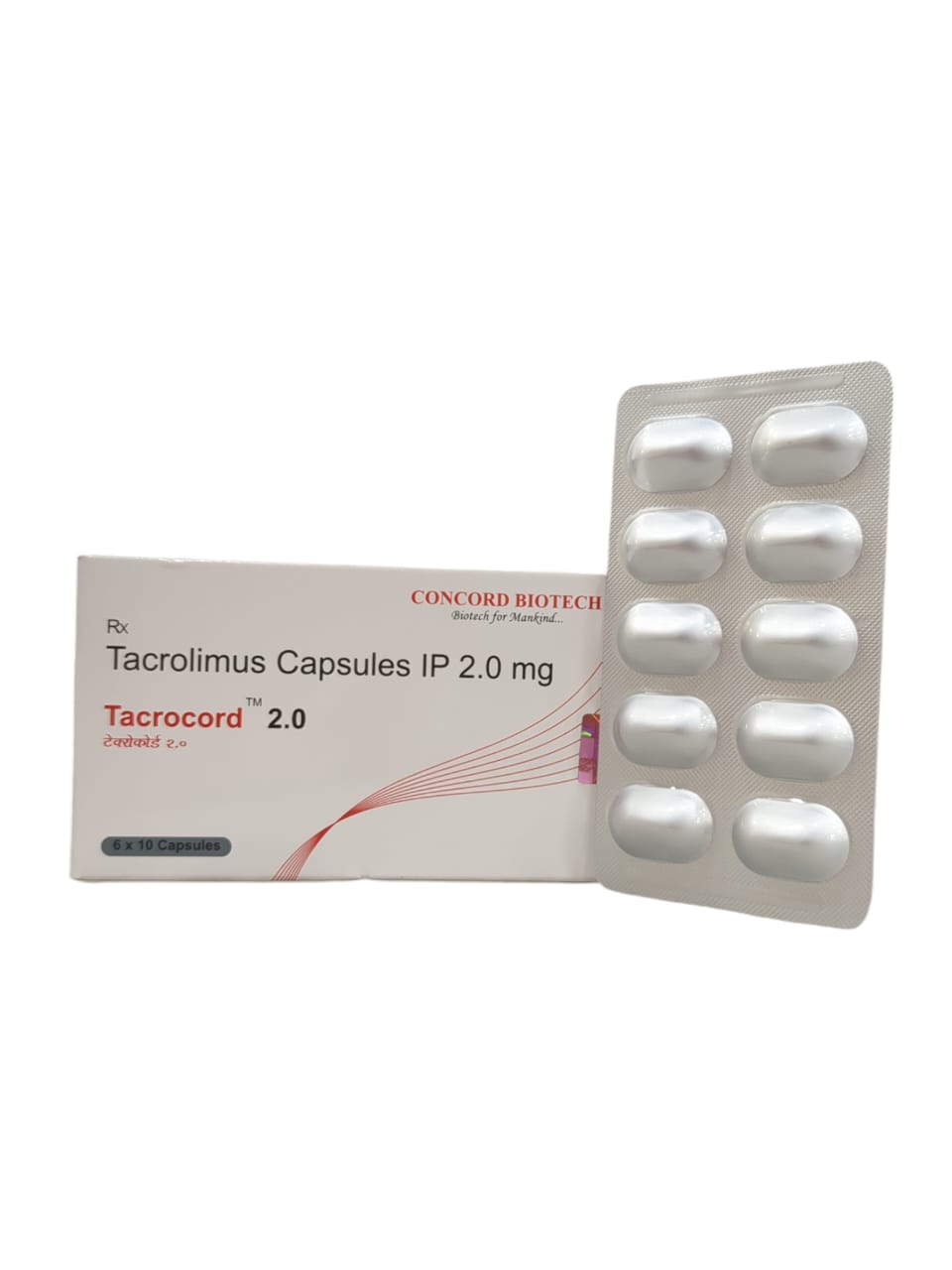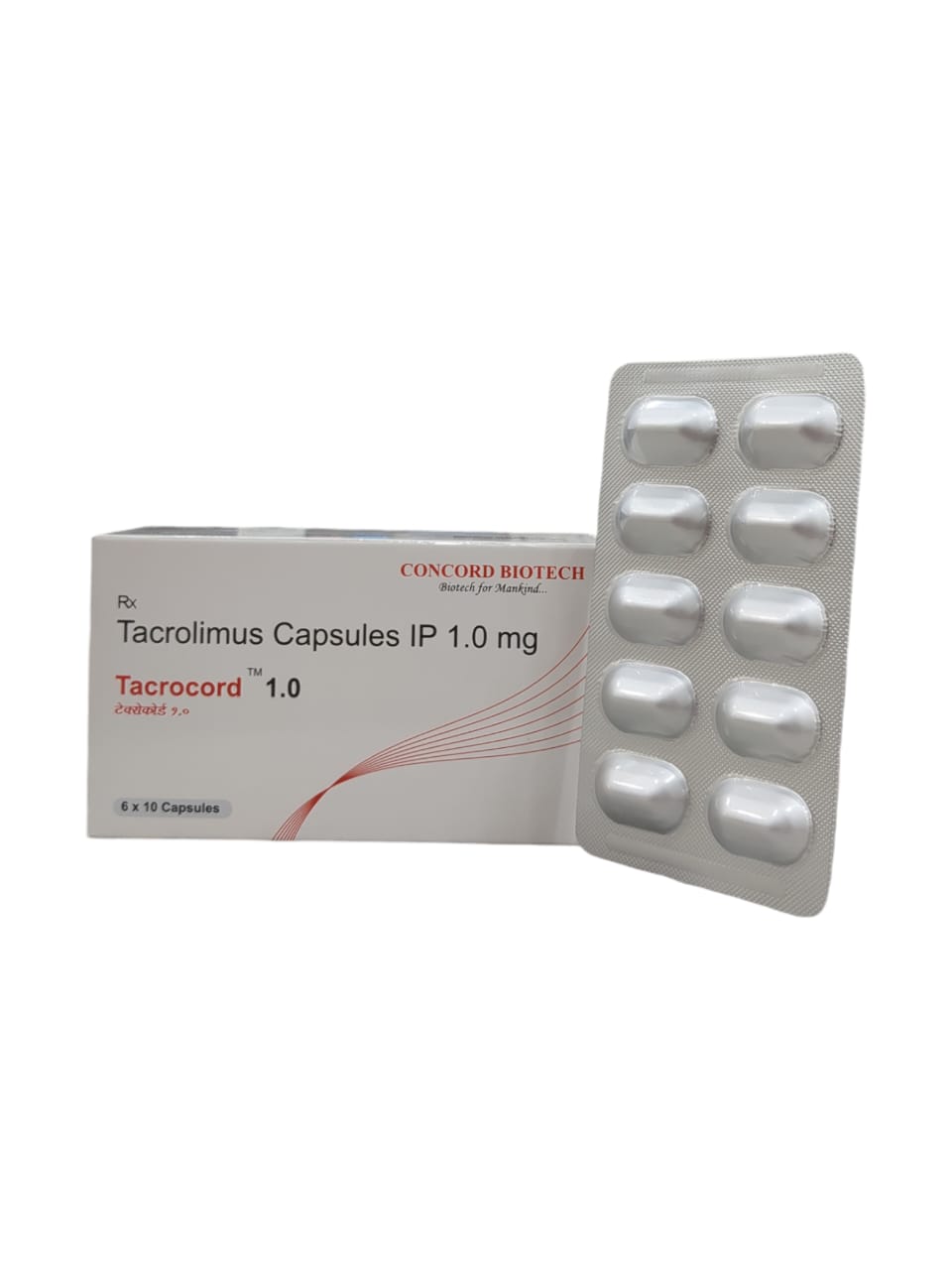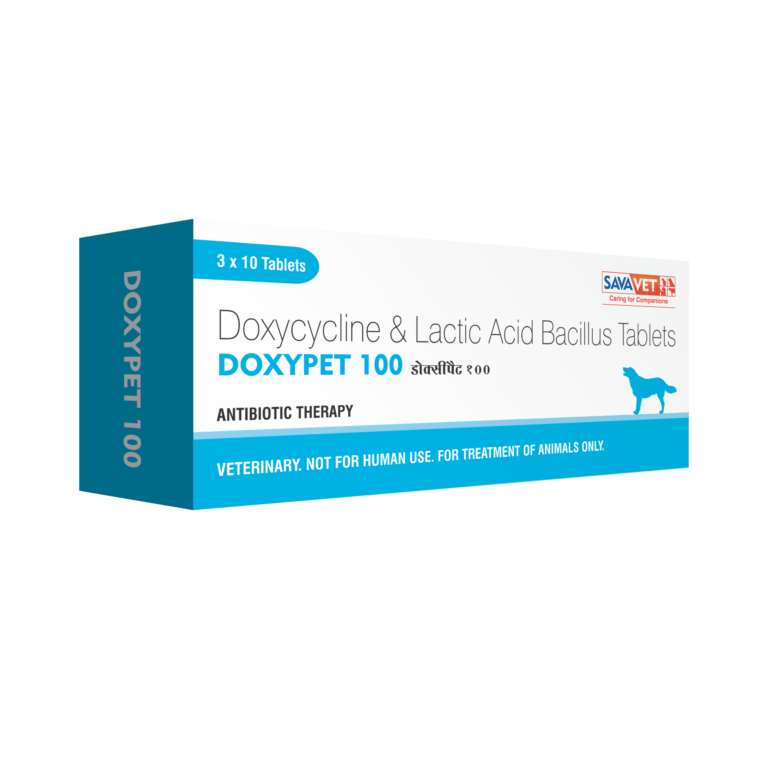Tacrocord 0.25mg Tablet is used along with other medicines to prevent your body from rejecting a new organ (e.g., liver, kidney, or heart) after transplant. It does so by weakening your body’s immune system, so it does not attack the new organ. This medication belongs to a class of drugs known as immunosuppressants. The amount of Tacrocord 0.25mg Tablet you take and how often you take it depends on the type of transplant you have, your body weight, and what other medicines you are taking. Follow your doctor’s instructions carefully. You should take it on an empty stomach, at least 1 hour before or 2 hours after a meal. Take this medicine regularly to get the maximum benefit and keep taking it, even if you feel well. If you stop taking it, you may increase the chances of rejecting your transplanted organ. Tacrocord 0.25mg Tablet has many potential side effects. It can cause or worsen diabetes and kidney problems. These need urgent medical attention. Other common side effects include tremor, infections, high blood pressure, headache, and insomnia. If the side effects do not go away or get worse, tell your doctor. Tacrocord 0.25mg Tablet lowers your immune system making you susceptible to catching more infections than usual.
Send Message